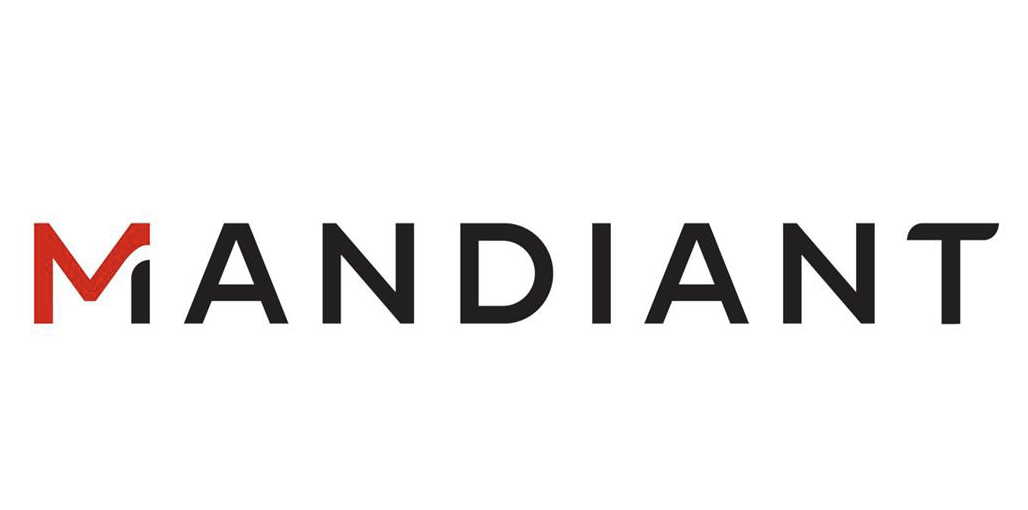French presidential elections – a cyber threat perspective

Where there is great power there is great responsibility” said Churchill in 1906. We can say the same nowadays for cyber threats.
In April the twelfth presidential election of the Fifth Republic will be held. The next president of the French Republic will play a leading role on the international stage and could therefore be a target for cyber threat actors.
During the last elections in the spring of 2017, Mandiant assesses Emmanuel Macron was targeted by a Russian APT group, Sandworm Team. The leak of more than 20,000 emails related to his campaign, dubbed #MacronLeaks, took place just two days before the second round vote. Suspicious disinformation activities in Russia targeting the European elections had also been detected earlier in that same year.
Based on our historical understanding of threat activity surrounding past elections, not only in France but also in other major Western economies including the United States, it would not be surprising to see similar activity this time around.
After his or her election, the person at the helm of the country will also have to continue to protect the country itself from cyber threats. With events on the horizon such as President Macron taking office as president of the European Union and the hosting of the 2024 Olympic Games, France will be at the center of attention on the global stage.
The new president will have to tackle these challenges head on – protecting state assets, institutions, and citizens, but also supporting and promoting education projects that will enable France to make cyber a growth driver in the coming years.
The cyber world has a growing and major influence in the choices, strategies and positioning of states. Securing French information assets must be a high priority. We must have the capacity to understand the threat in order to react as quickly as possible and to limit the potential impact. A strong positioning in cyber is today also an international political issue. Being able to secure ourselves and also respond to any incidents will be a major focus area for the next presidency if it wants to make this cyber opportunity a sustainable opportunity.
The next President of the Republic must therefore be aware that cybersecurity is a real issue for this future five-year term, a geopolitical issue of stabilization of institutions and influence in the world and an issue of growth, reduction of unemployment and transformation of our society.





